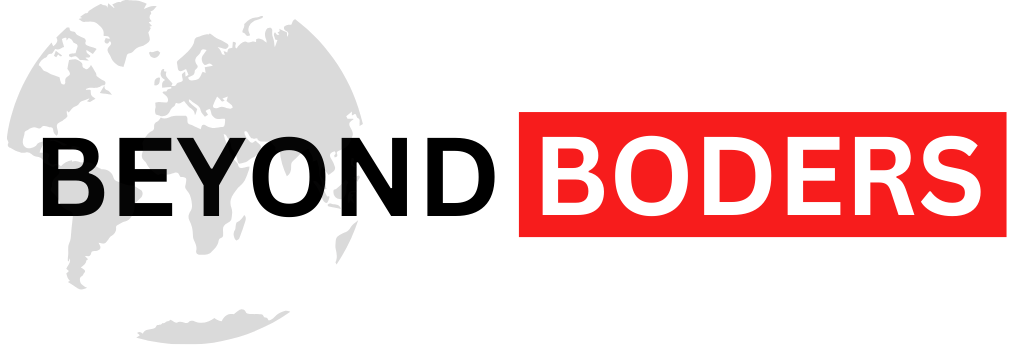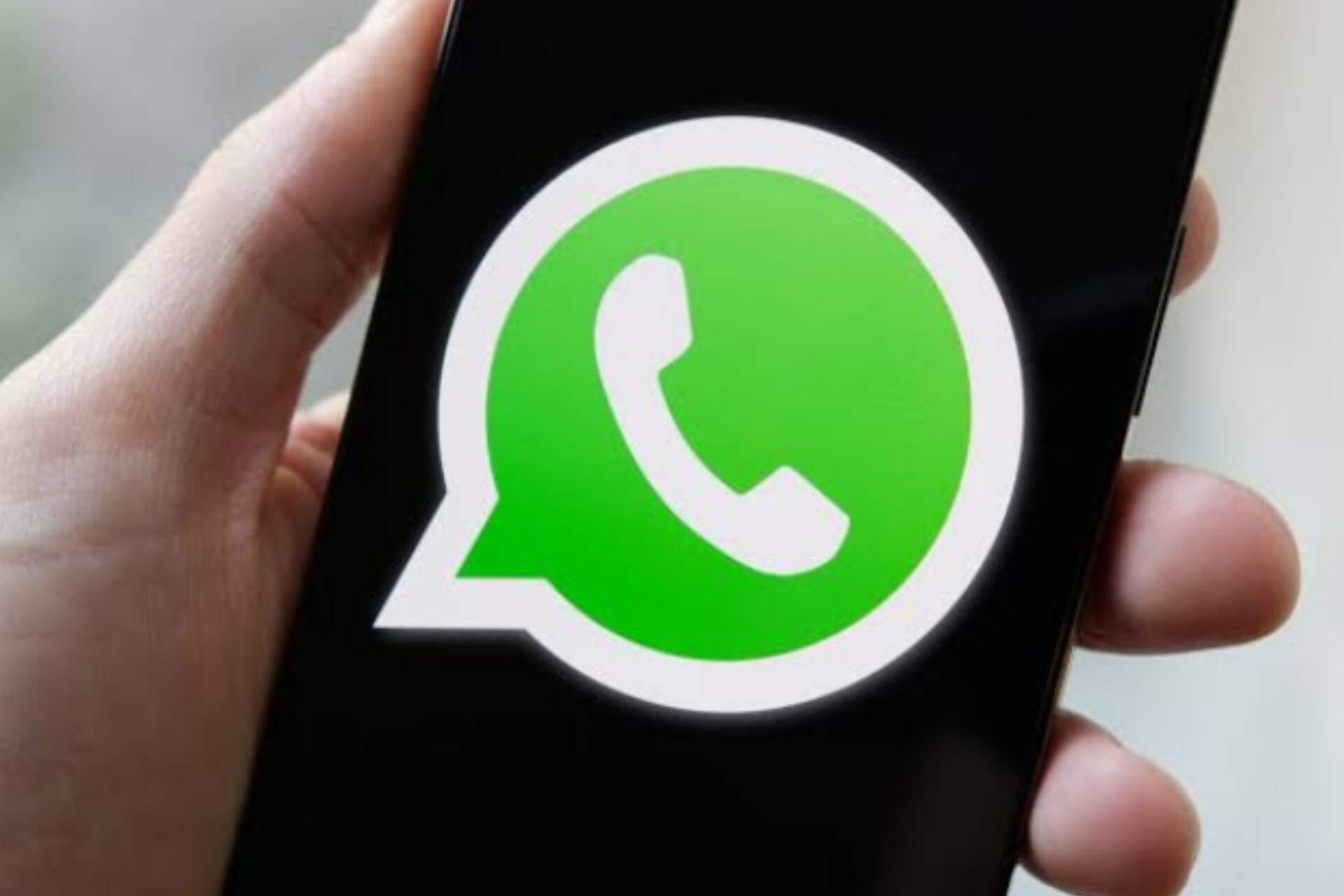WhatsApp, owned by Meta, might stop its services in Nigeria after being hit with a $220 million fine by Nigeria’s Federal Competition and Consumer Protection Commission (FCCPC).
The fine was imposed because of a data privacy issue, and the company is now considering its options.
Sources say that Meta, the parent company of WhatsApp, is thinking about removing some services from Nigeria due to new rules from the FCCPC.
The FCCPC has not only fined WhatsApp, but also ordered the company to stop sharing user data with other Facebook-owned companies and third parties unless users give clear permission.
They have also asked WhatsApp to explain how they collect data and to give users more control over their data.
A WhatsApp spokesperson told newsmen in an email, “We want to be clear that, technically, based on the order, it would be impossible to provide WhatsApp in Nigeria or globally.”
The spokesperson argued that the FCCPC’s order is based on a misunderstanding of how WhatsApp handles data and would require major changes to the platform.
Meta has not responded directly to the FCCPC’s claims about users not having an opt-out option from the 2021 privacy policy. However, Meta insists that the update does not involve sharing user data.
The company’s privacy policy states that they do not keep records for their two billion users, as it would pose a privacy and security risk.
If WhatsApp decides to leave Nigeria, it could have serious effects on the millions of people and small businesses that rely on WhatsApp, Instagram, and Facebook for communication and business.
Some privacy lawyers have questioned the FCCPC’s use of the National Data Protection Regulation (NDPR) to justify the fine.
The NDPR, which was created in 2019 by the National Information Technology Development Agency, is Nigeria’s main data protection law.
Two unnamed lawyers have raised doubts about whether the NDPR can be used in such an important case and whether a government regulation can be considered final in privacy matters.
Additionally, two unnamed government officials have expressed concerns about the fairness of the $220 million fine. One industry expert questioned, “We are too revenue-focused. What is the opportunity cost of $220 million in government coffers?”
If WhatsApp decides to stop its operations in Nigeria because of these demands, both the FCCPC and the Nigerian government could face serious criticism and consequences.




